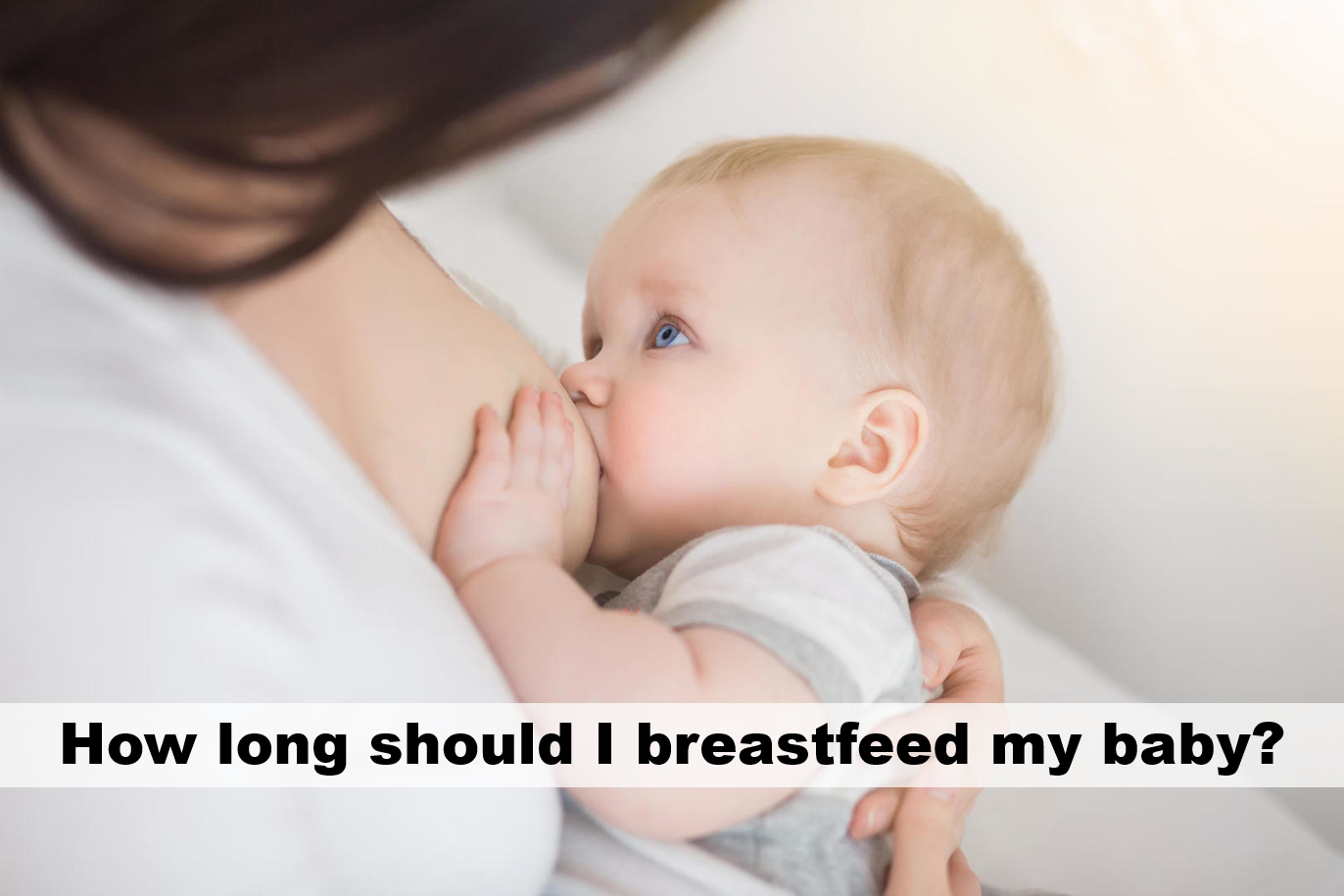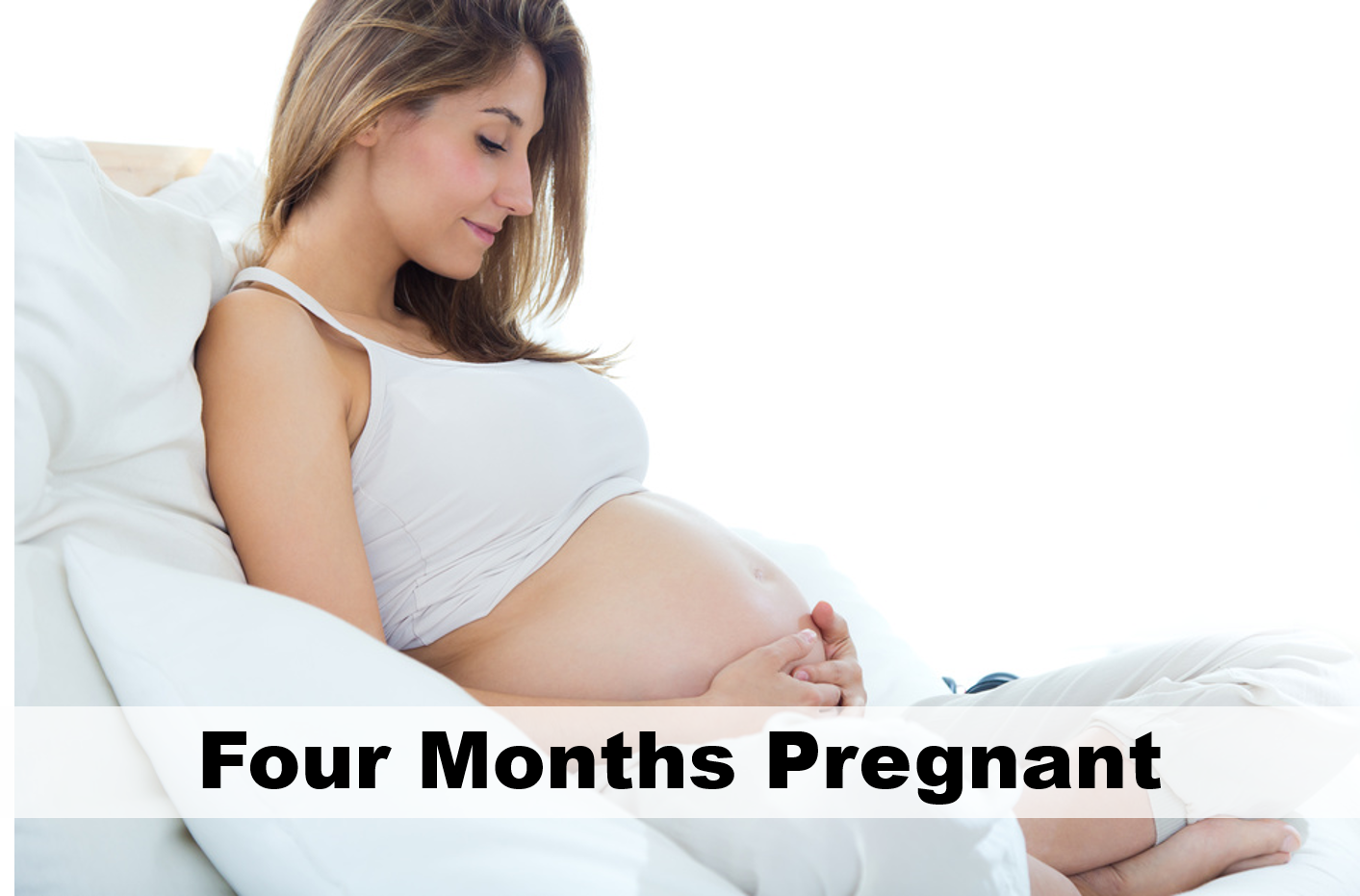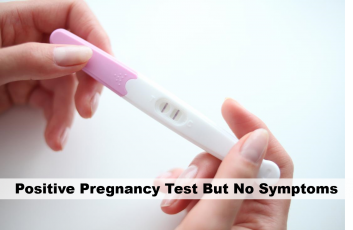How long should I breastfeed my baby?

How long should I breastfeed my baby? The mother should breastfeed her baby for as long as possible or as long as she wants. However, breastfeeding is not sufficient for the baby whose weight is twice than the birth weight in the sixth month. Usually, the mother (with some exceptions) only produces enough milk for the normal growth and development of the baby until the sixth month. In addition to that knowledge, the baby who is fed only by the mother’s breast for a long time start an addiction to the mother’s breast does not want to eat with a spoon then it becomes difficult to get used to the taste and consistency of different foods. Breast milk alone itself is not enough for the baby growing and development slows down when the baby does not want to take other nutrients, and even the growth stops and the child becomes ill. Let’s not forget that breast milk is the only food of the child up to 6 months. In this text, we will explain how long a woman should breastfeed her baby.
Breastfeeding During the First Year
The adequacy of breastmilk can easily understandable with the child gains weight. In addition, a full belly child sleeps comfortably and will not become anxious unless become sick. If a healthy baby gets enough food, the baby gains 400 to 800 grams from birth to the sixth month and gains an average weight of 500 grams for each month. The baby’s monthly weight gain slows down after the 6th month. This amount is between 300 and 500 grams per month and is approximately 400 grams in 6-12 months. If the child’s weight gain decreases, it means that the mother’s body produces milk is low. Because the decrease in weight gain determines the nutritional status of the child for a short time. The height of the child is not affected much by short-term changes in nutritional status but when we look to the long term insufficient nutritional status, we can see slower height growing for baby.
- There is no other formula for breast milk for the newborn baby.
- After birth, the mother should start breastfeeding as soon as she recovers.
- The baby should be breastfed whenever she or he cries.
- Do not give anything up to 4-6 months if the baby is sucking well, the growth and development are going smoothly.
Health Status of The Mother During Breastfeeding
Maternal Illness: Mother with diarrhea or flu can breastfeed her baby. On the contrary, antibodies that will pass to the baby with breast milk protect the baby against these diseases. There are very few diseases that prevent the mother from breastfeeding. There is no transition from mother to baby in these diseases. However, breastfeeding of the mother may be inconvenient for the mother’s own health. For example, severe heart failure, renal failure, very rare cases of psychosis, severe depression, breastfeeding can harm the baby because of the mother’s negative behavior. The mother’s urinary tract infection does not make an obstacle to breastfeeding. Tuberculosis infection in the mother is dangerous for the baby. However, there is no transmission from mother to baby with breast milk. The danger is caused by contact between the baby and the mother. In this case, the mother should be cured immediately. BCG vaccine should be applied to the baby as soon as possible and breastfeeding should be continued. The mother should cover her face with a mask while breastfeeding the baby.
Breast Inflammation in Mother (Mastitis)
Mastitis does not make an obstacle to breastfeeding. Mastitis appears with swelling, pain, redness, and fever. Inflammation is usually not infectious. If mastitis does not cause much pain in the chest, the mother continues to breastfeed her baby. If it is very painful, milk is given to the baby should by milking the breast by hand. If breast milk is stopped suddenly during mastitis, breast abscess may develop. In such a case, breastfeeding is continued with a healthy breast. The abscess breast is also emptied frequently.
Drug Treatment in the Mother
Drugs should be given very carefully to mothers who do breastfeeding. The doctor assesses the condition of the mother who uses the medication and wants to breastfeed her baby. Mothers who use birth control pills should only take progesterone-containing pills if they wish to breastfeed. In general, breastfeeding mothers are advised not to use birth control pills.





